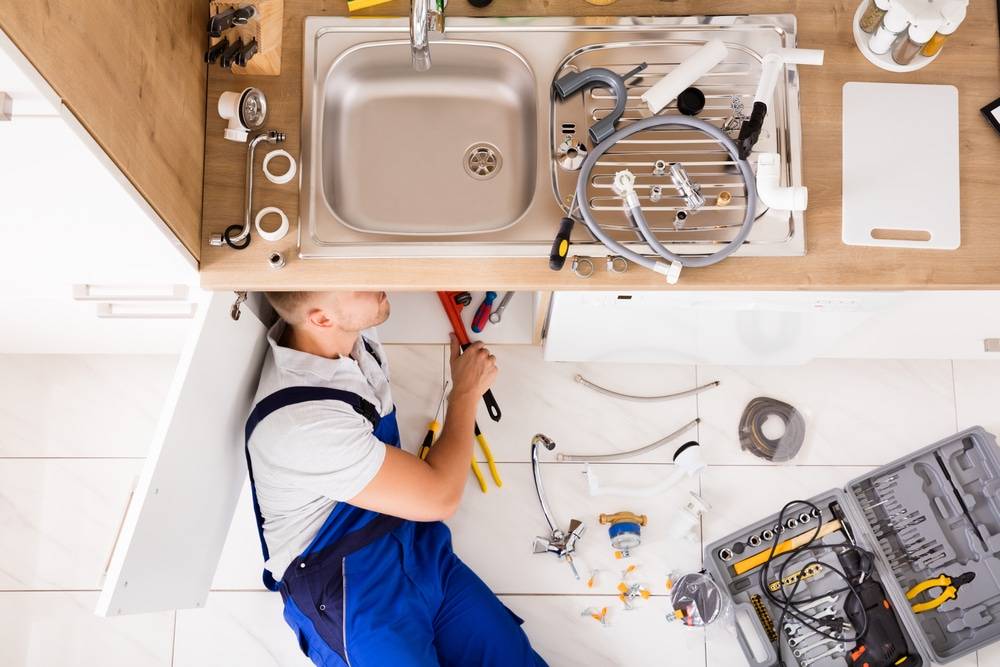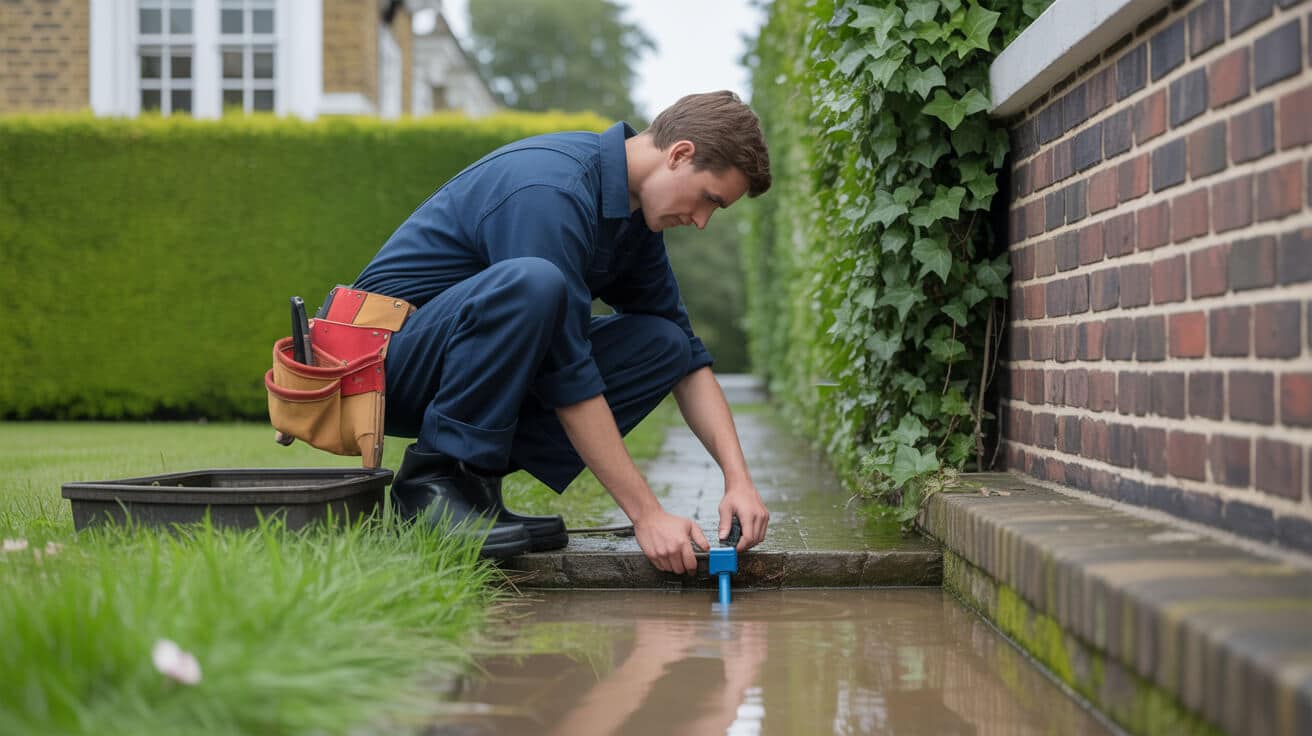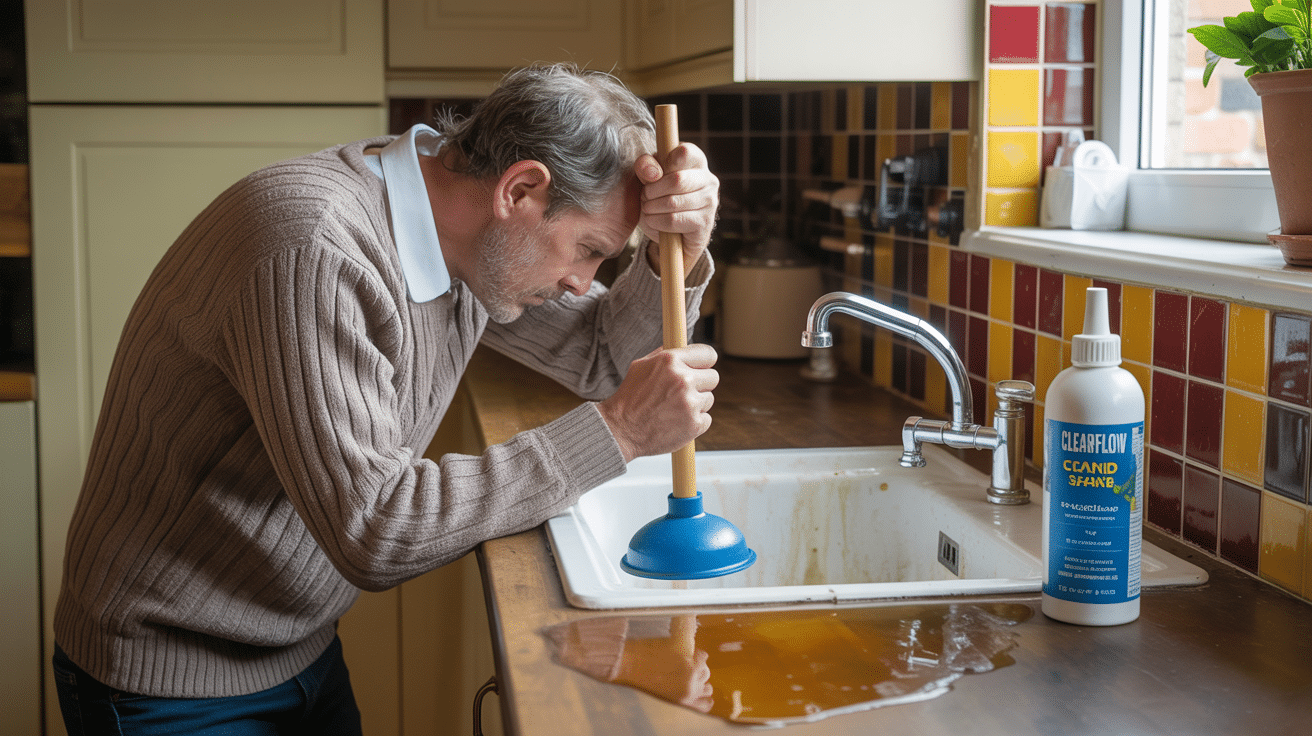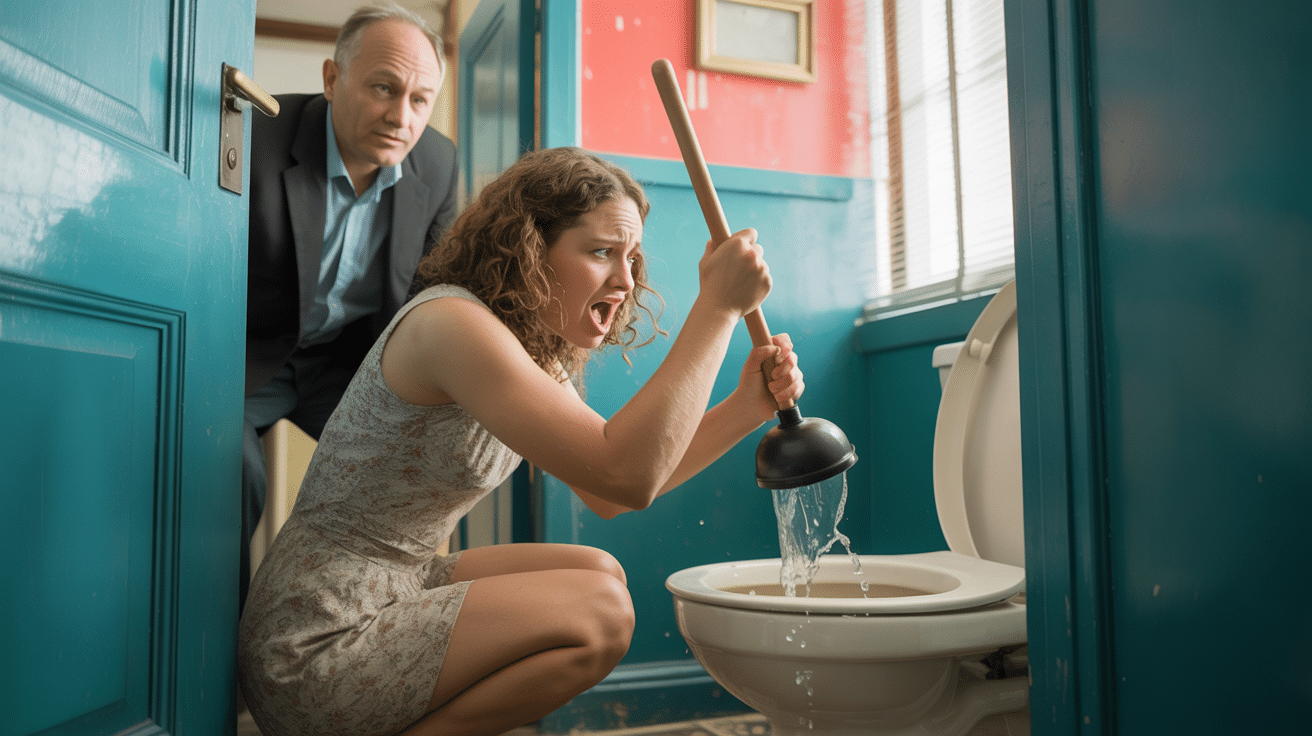 How To Avoid A Plumbing Disaster
How To Avoid A Plumbing Disaster

We often take our plumbing for granted and only when things go wrong to do we begin to appreciate how important the health of our plumbing is. Having a little know-how when it comes to plumbing maintenance and basic repairs, can go a long way and help save you a lot of money in the long run. You can avoid serious plumbing issues and expensive plumbing bills with some ongoing care and knowledge. Here are some plumbing tips for you!
Blocked Up Drains
Blocked up drains are one of the most common and frustrating plumbing problems. As with most things prevention is better than cure and blocked drains can be avoided with a few simple measures.
- One of the most simple measures you take is to keep your plug holes covered with a screen to help catch food, excess hair and soap scum from going down your sink/bath/shower plug holes and consequently blocking up your drains.
- Avoid pouring anything into your drains including drain cleaners that contain harsh chemicals and can cause your pipes to erode.
- Avoid pouring cooking fats and oils down the sink. Once cooled they will harden and block your pipes up. The best thing to do is to wait for them to get hard and dispose of them in your dustbin.
If you want to really keep your drains clean and problem-free, try this cheap and easy way to clean your drains once a month:
- Pour a pot of boiling water down your sink.
2. Throw in half a cup of baking soda and leave for a couple of minutes.
3. Throw in a cup of vinegar followed by a cup of boiling water and leave for a further 5-10 minutes.
4. Throw in another pot of boiling water. This is a really effective, cheap and natural way to prevent blockages and give your drains a good clear out, without the use of harsh chemicals.
Blocked Toilet
Another common plumbing complaint are blocked toilets. There are few things yuckier and smellier than a blocked toilet that won’t flush. Again this can be avoided by not putting things down the toilet that can cause clogging in the first place. As a general rule, the only thing that should be going down your toilet is human waste and toilet paper. Avoid flushing paper towels, tampons, sanitary towels, cotton balls and wet wipes down the toilet, even if they’re labelled flushable, don’t always believe the label; the fact is that wet wipes do not break down the same way that toilet paper does and clog up our sewer systems regardless of what’s written on the package.
Low Water Pressure
Low water pressure is extremely annoying and can happen for a number of reasons, one being that you could have a potential leaking pipe. You can check whether this is the case or not by reading your meter and then closing all the taps and water in the house for a couple of hours, before taking another reading. If you see that the usage has gone up even though no water has been used, then there’s a good chance that you could have a leak in your pipes. If this is the case, call your local plumber to get the problem checked out and resolved ASAP.
You could also try checking the valves where your main water supply is located. If they are slightly out and not exactly on the “‘on” position, the water pressure can be drastically affected.
It’s well worth getting the problem sorted out since low water pressure can result is using much more water than you would normally use with normal water pressure, not to mention the time wasted, since simple tasks like showering and washing dishes take that much longer.
Boiler Problems
One of the most common and bothersome plumbing problems are with your boiler. Getting caught with no hot water or heating can be a nightmare in itself and then there’s the fact that faulty boilers present the added risk of toxic carbon monoxide poisoning. One of the best things you can do to avoid problems with your boiler is to make sure you have it routinely checked for safety by a gas safe registered plumber. If you have home insurance, it’s worth checking to see if it includes boiler breakdown cover and full central heating cover, since you could be already covered for this.
Bleeding Your Radiators from time to time can also prevent some problems with your heating. If your radiators are not heating up evenly and you’re feeling cool spots, it’s probably down to trapped air. Bleeding your radiators should fix the problem and is relatively simple to do with the use of a radiator key, which can be bought inexpensively. You’ll need to make sure all your radiators are switched off and cooled down before beginning the process. Attach the radiator key to your valve and turn anticlockwise. A hissing sound will indicate that air is escaping. Once all air has escaped liquid will begin to leak at which point you should close the valve by turning the radiator key.
Leaks
Household leaks are a common plumbing complaint. You can take a few steps to help prevent yourself becoming the victim of a leak.
One of the most simple things you can do is to reduce your water pressure. Power showers are fun, but high water pressure puts a lot of strain on your pipes and increases your chances of leaks. If you suspect that your water pressure is too high, contact your local plumber to test it and adjust it for you.
Hard water
Hard water is another culprit when it comes to reducing the lifespan of your household pipes. A build-up of minerals in your pipes restricts the flow which in turn increases pressure and accelerates corrosion. One giveaway sign that you have hard water is a white build up on your taps and your shower head. Speak to your local plumber about having a water softener installed, which will prolong the lifespan of your pipes and help prevent corrosion.
Prevent Frozen Pipes
Last but not least getting your pipes insulated can help prevent frozen pipes which are at risk of causing leaks or bursting, a problem that you really do want to avoid. If you’re going away for a period of time during a cold spell, it’s well worth putting your boiler on a frost setting or timing it to come on for an hour a day (preferably during the coldest time of the day around 3-4 am). This way you’ll prevent the water in the system from getting cold enough to freeze. Although having the heating running while away might seem like a waste of energy and money, it’s much better than being faced with the prospect of frozen pipes and the expensive plumbing bill that follows.
Still suffering from boiler’s problems? You can contact East London plumbers, South West London plumbers, or North London plumbers – Plumbers 4 U and they will immediately help you.
If you need help to find a plumber in London:
020 3582 0420



